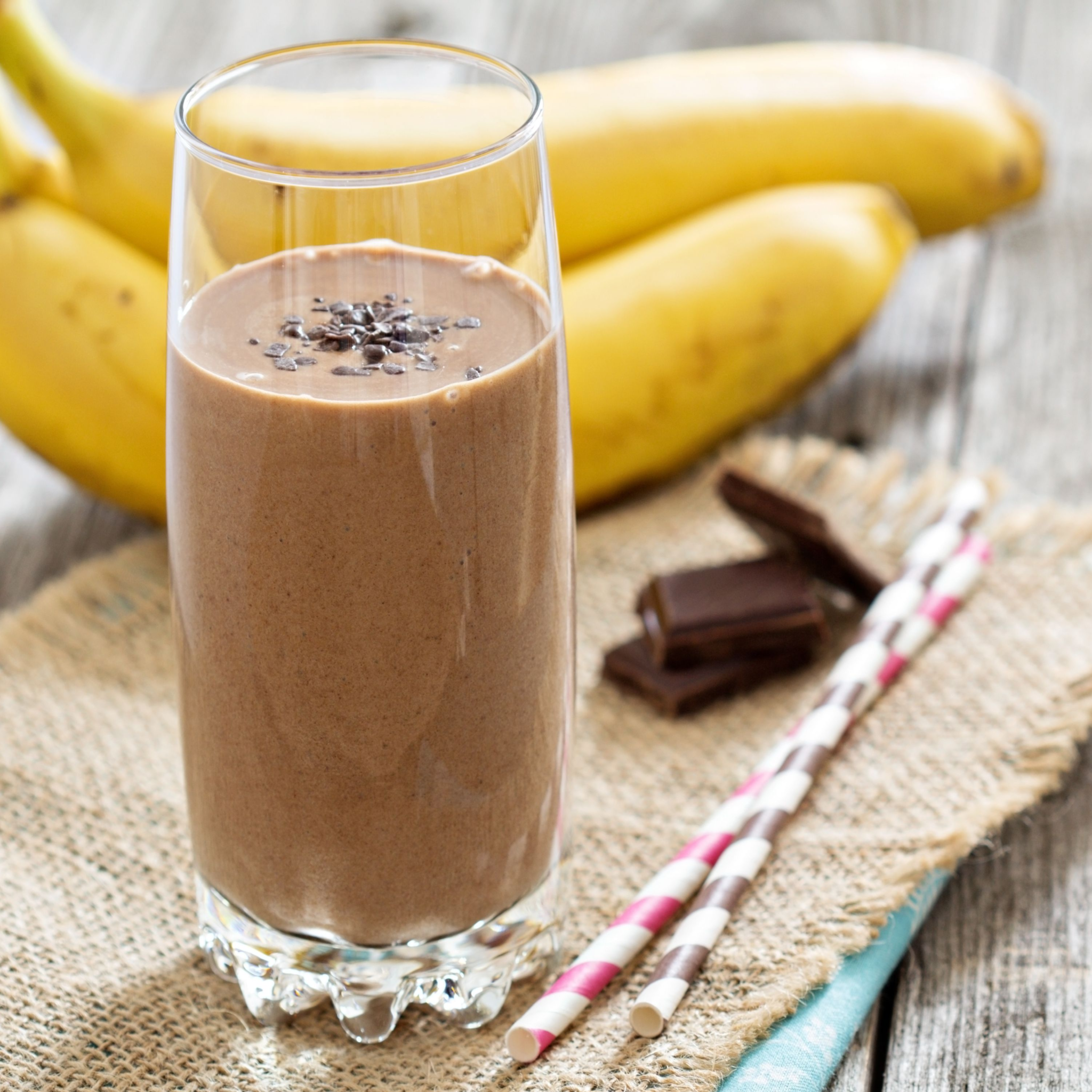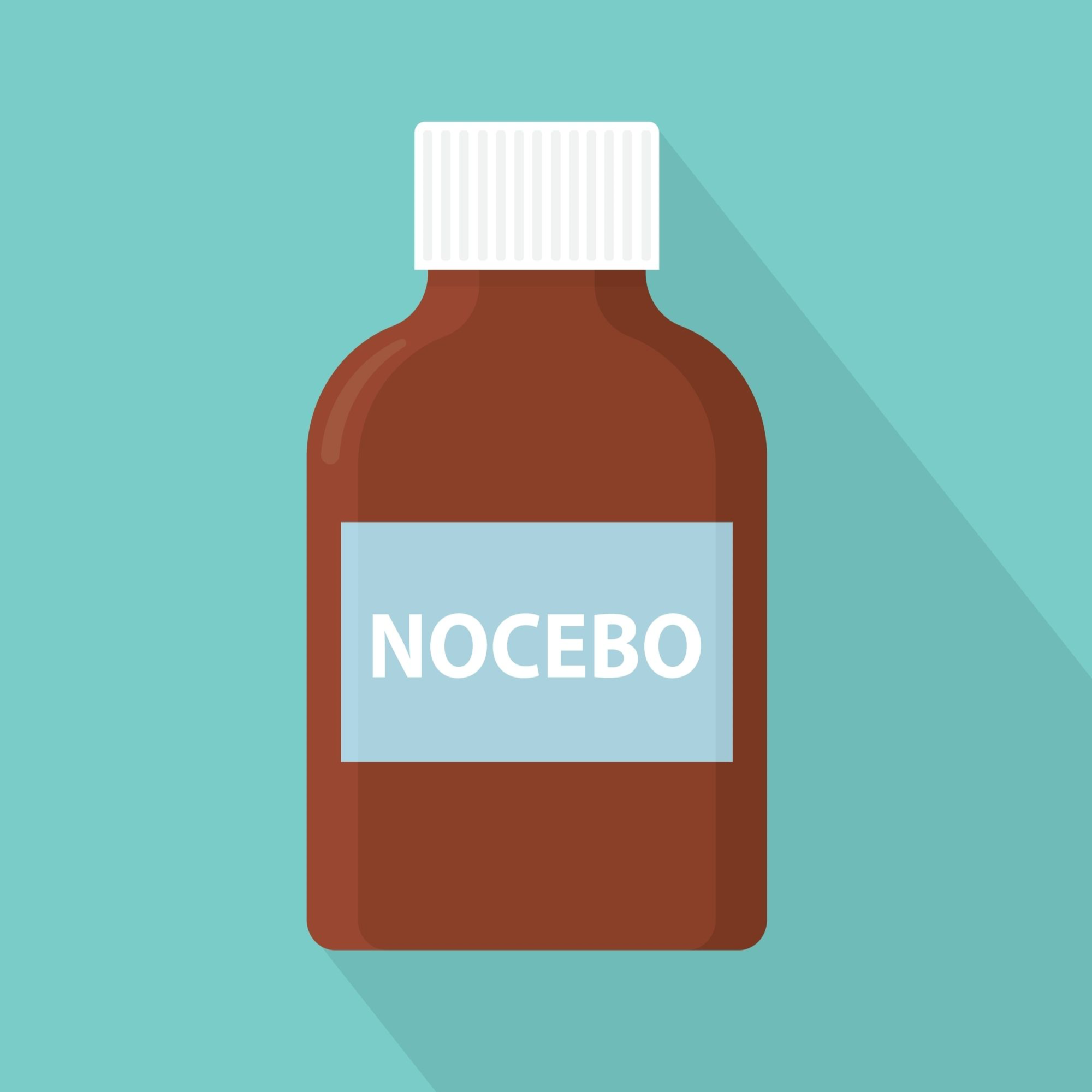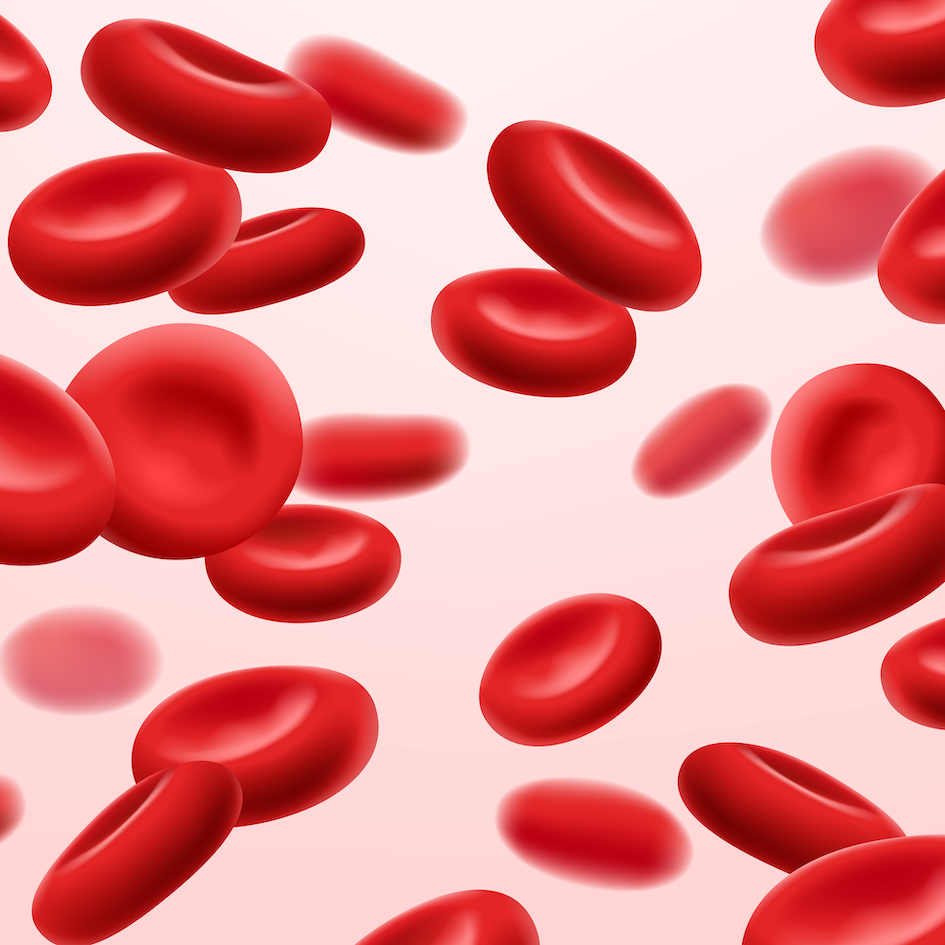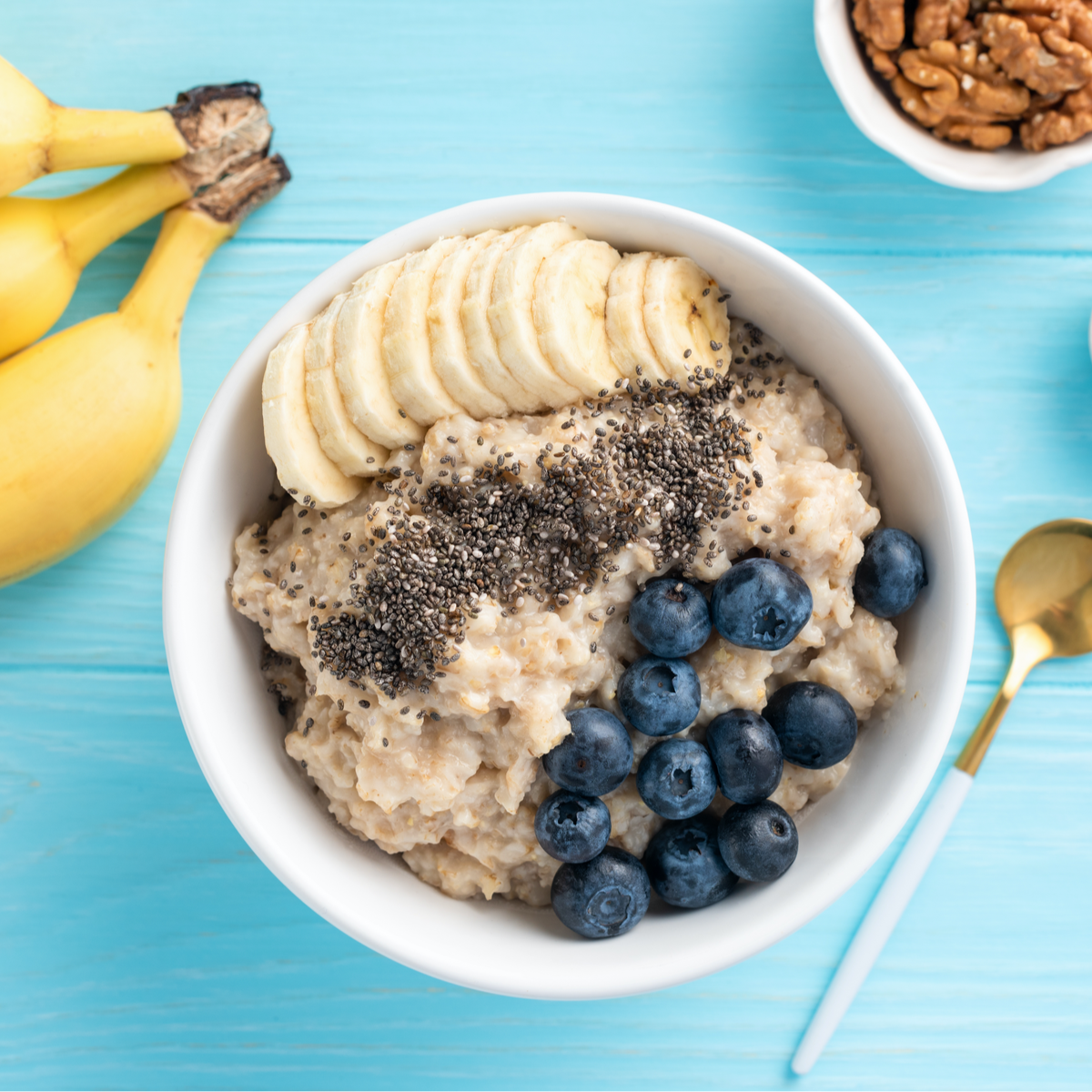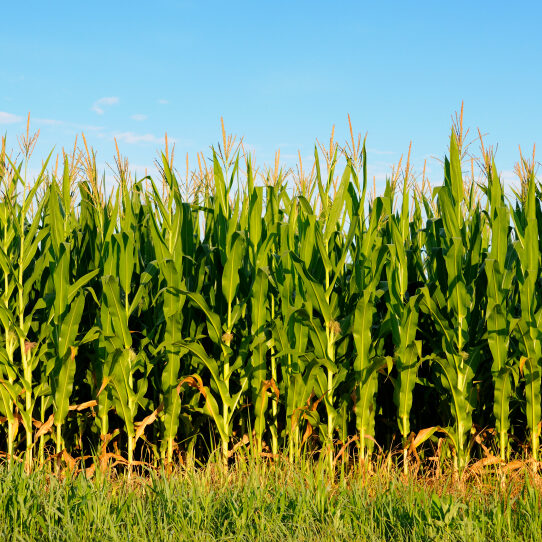
We got many letters when that article was published. As a result, we insisted that the author revise it. We’re not taking the original down, because we don’t believe in hiding our mistakes. But we did put this editor’s note at the top, which redirects readers to the revised versionThis post has been substantially rewritten to change or eliminate claims and sourcing that did not meet Scientific American’s editorial standards. The revised post can be found here.
——
Dear Editors,
As a scientist with PhD in genetics and a passion for helping the public make well-informed food choices, I found your article on our toxic food supply to be shocking, saddening, and upsetting.
To be clear, I’m not upset that the vegetables in our food supply are becoming “toxic”. I’m upset that science-hungry consumers are getting fearmongering fake news rather than evidence-based information. I also see a huge missed opportunity to positively, rather than negatively, contribute to scientific information literacy. Only a full retraction, with acknowledgement of the egregious errors, will – possibly – redeem your magazine, in my opinion.
Here are some of the disturbing aspects of this article.
1. Fearmongering / fake news.
Yes, fear sells and the public should be alerted when their food is potentially unsafe. However, this article is riddled with unfounded fear-based statements (check out these well-referenced critiques: Dr. Alex Berezow and Dr. Kevin Folta). In my opinion, using such fearmongering to hook readers not only flies in the face of the mission of science communicators, but is downright unethical.
2. Appeal to false authorities (or no authority).
Information literacy is perhaps one of the greatest challenges of our time. As science communicators, I feel that it is our duty to help the lay public separate “fake news” from evidence-based information.
Rather than sticking to legitimate scientific sources (e.g. peer-reviewed scientific publications and meta-analyses by national organizations) the authors turn to a food author, a health product pushing salesman (Dr. Zach Bush) and pseudoscience haven Planetary Health (check it out if you want a smoothie that can cure Ebola!).
The article also includes strong claims, asserted with zero evidence (“Not only are plants getting less nutritious, they are getting more toxic.”). If you’re posting on Twitter or Instagram, I get it… but if you have a full length article, let’s hold ourselves to a high standard, especially for controversial stances.
3. Cherry picking and lack of appropriate context.
Another layer of information literacy that I feel passionately about is our obligation to contextualize a study’s findings, using the types of questions we typically address in a publication’s Discussion.
- How do these findings compare to what others have found?
The authors highlight one study that showed nutrient differences, but ignore others that reached different conclusions.
- Are the differences between groups attributable to other factors?
In a desire to prove their point, the authors fail to acknowledge the many KNOWN factors that influence nutrient density and confound nutrient studies (such as vegetable size, ripeness…)
- Are the differences likely to be biologically meaningful (not just statistically significant)?
The article ignores a critical concept for consumers – the dose makes the poison. I like to remind people that vitamin D can a useful supplement, but can also be rat poison at ultra high doses. The authors fail on this front several times in the context of glyphosate and health. They suggest that a whiff of glyphosate in water is wrecking havoc on ecosystems, and that a decrease in urine pesticide levels when switching to an organic diet is biologically meaningful. The reality is that even the “high” levels in non-organic consumers are hundreds of times lower than well established safe levels. It’s nonsense to imply that this decrease is biologically meaningful.
Thank you for taking the time to read my concerns. I look forward to hearing back from you with your course of action.
Regards,
Chana Davis, PhD
Founder, Fueled by Science


